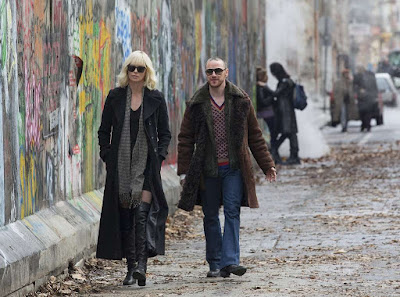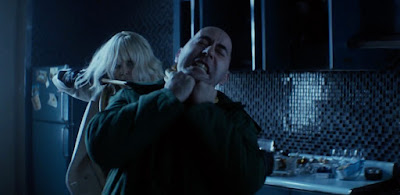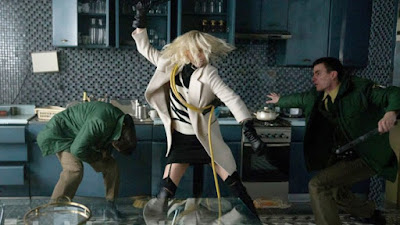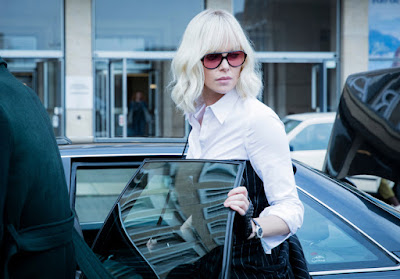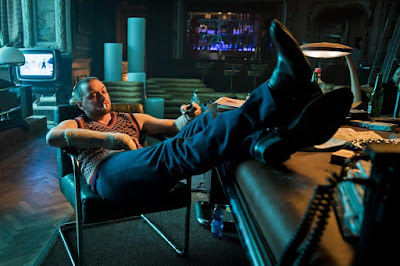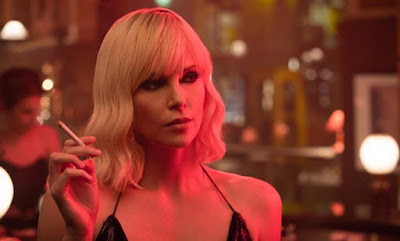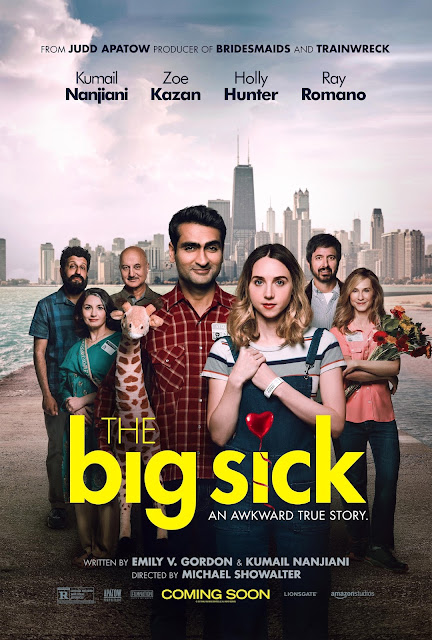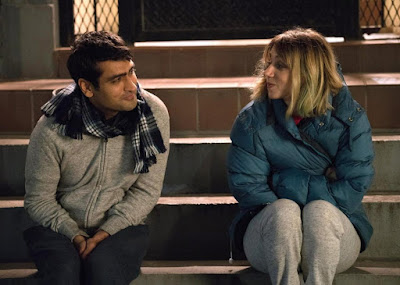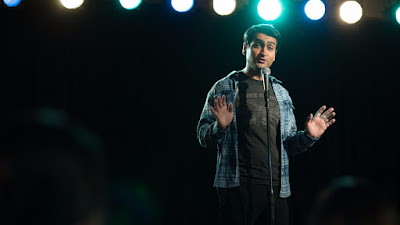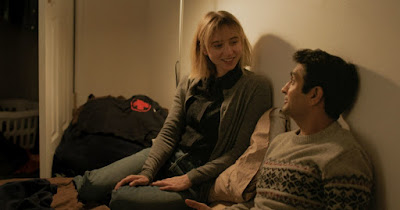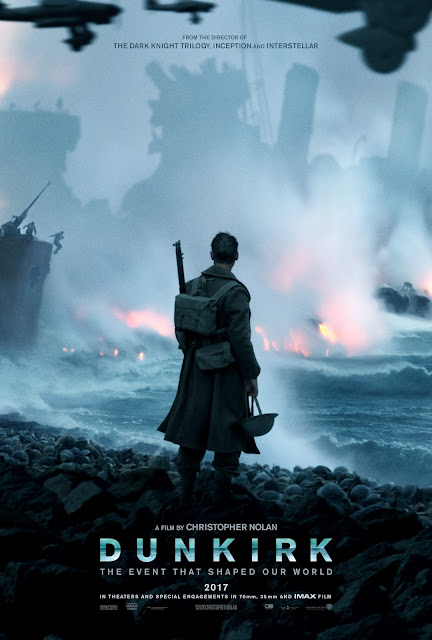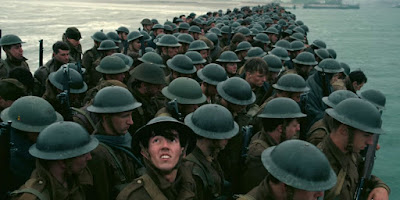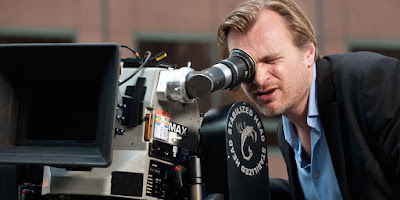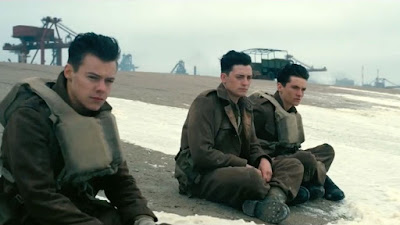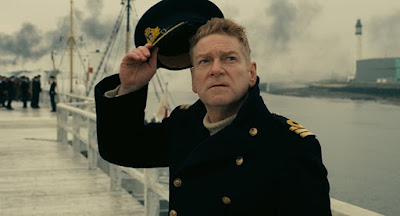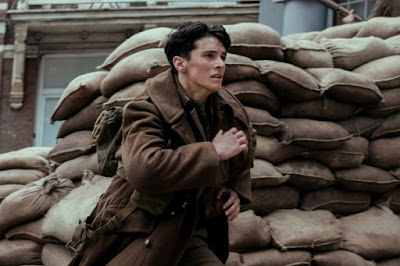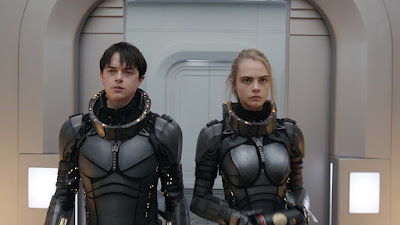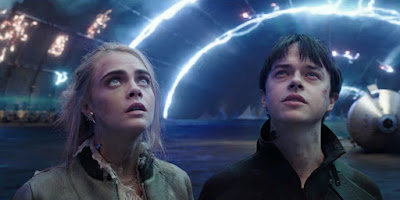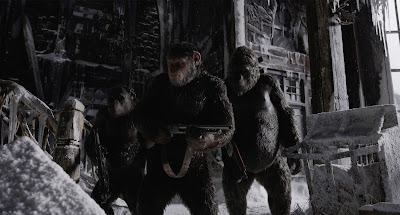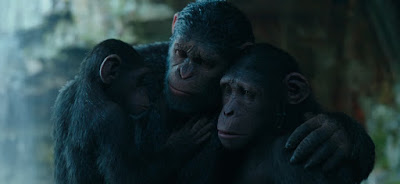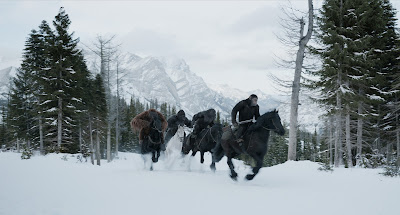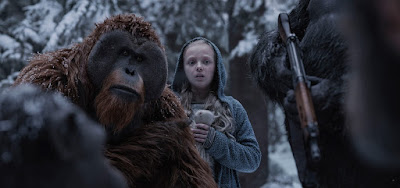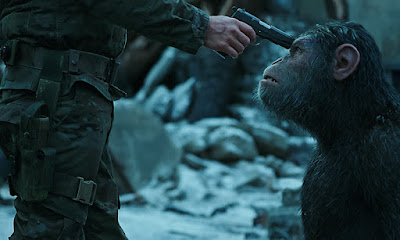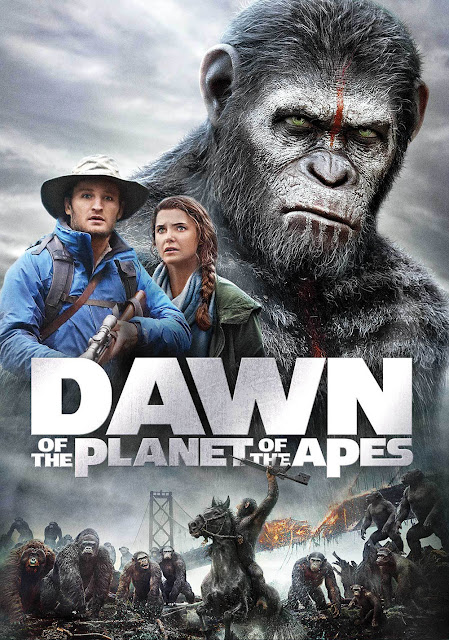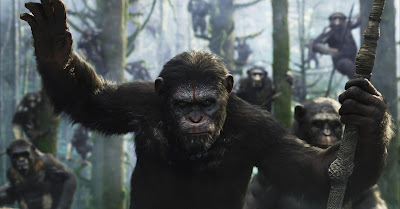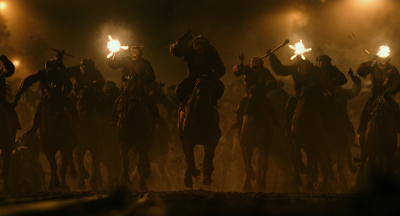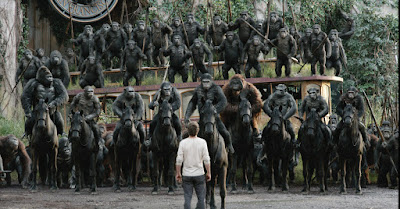Atomic Blonde pits audiences in the thick of the Cold War. Pre-eminent MI-6 agent Lorraine Broughton has been sent into Berlin to work alongside ambiguous agent David Percival and retrieve a list containing classified intel on several secret agents that could compromise them all and potentially prolong the lasting international anxiety.
Atomic Blonde is directed by skilled stunt-coordinator and stuntman David Leitch with Kurt Johnstad spearheading the screenplay based on Antony Johnson and Sam Hart's graphic novel The Coldest City. Leitch has worked on many renowned action films over-the-years including the likes of The Matrix trilogy, The Bourne Ultimatum, and The Bourne Legacy but he's probably most well-known for co-directing John Wick alongside Chad Stahelski. Earlier this year, Stahelski struck out on his own to direct John Wick: Chapter 2 solo, but now it's Leitch's turn.
Leitch is currently set to direct next year's Deadpool 2, which is deep in the production process at this point (but you never know what could happen with all the director drama as-of-late), and after watching Atomic Blonde I'm fairly confident he'll be able to handle things on his own there. In Atomic Blonde, Leitch turns up the stylistic flourish that propelled John Wick to prominence but the film overall winds up feeling more akin to something like Hardcore Henry, another unique European-driven action film that couldn't help but succumb to the tropes of the genre.
Lorraine may be British, but she's definitely more Bourne than Bond. Leitch takes his years of stunt experience and utilizes it to offer Theron an unwieldy and unrestrained visceral fighting style that's simply thrilling to watch. It's such a relief to be able to see what's happening onscreen in an action movie because much of the last ten years has been dominated by gratuitous shaky-cam. However, the con to this was that Focus Features took note and plastered these sequences all over the marketing. I didn't ever go out of my way to watch an Atomic Blonde trailer. I saw the marketing material for the film almost exclusively in theaters and maybe once or twice as an ad in front of a YouTube video but while watching the film, I felt as though I'd seen nearly all the action already.
There was one brutal, bare-knuckles fisticuff in a staircase that I had not already seen a glimpse of that was so intense, even I felt a little winded when it was all over. As you can probably tell by now, Atomic Blonde rests its hat on the extraordinary execution of its action. I kept hoping something would rise to challenge the action, but nothing ever did.
Atomic Blonde's story is nothing special. I can guarantee you've seen this premise at least a dozen times before. The idea of a list leaking that could jeopardize an entire agency is nothing new and I'd be totally fine with that if the surrounding circumstances were more interesting. Everything about the plotting of Atomic Blonde just felt like every other generic action movie, the only difference being I had no idea why anything happened when it was all over.
In a spy movie you expect a number of double-crosses and surprises, but it was unfathomable to me how the motivations fueling all these characters were incredibly unexplainable. When the movie was over, the friend who joined me at the screening asked if I understood exactly what happened at the end and I was unable to provide an answer. I realized I had absolutely no idea because none of the plotting made a lick-of-sense. Information will inevitably be withheld from you during a spy film, but even with the additional information I couldn't quite piece everything together.
Atomic Blonde is directed by skilled stunt-coordinator and stuntman David Leitch with Kurt Johnstad spearheading the screenplay based on Antony Johnson and Sam Hart's graphic novel The Coldest City. Leitch has worked on many renowned action films over-the-years including the likes of The Matrix trilogy, The Bourne Ultimatum, and The Bourne Legacy but he's probably most well-known for co-directing John Wick alongside Chad Stahelski. Earlier this year, Stahelski struck out on his own to direct John Wick: Chapter 2 solo, but now it's Leitch's turn.
Leitch is currently set to direct next year's Deadpool 2, which is deep in the production process at this point (but you never know what could happen with all the director drama as-of-late), and after watching Atomic Blonde I'm fairly confident he'll be able to handle things on his own there. In Atomic Blonde, Leitch turns up the stylistic flourish that propelled John Wick to prominence but the film overall winds up feeling more akin to something like Hardcore Henry, another unique European-driven action film that couldn't help but succumb to the tropes of the genre.
Lorraine may be British, but she's definitely more Bourne than Bond. Leitch takes his years of stunt experience and utilizes it to offer Theron an unwieldy and unrestrained visceral fighting style that's simply thrilling to watch. It's such a relief to be able to see what's happening onscreen in an action movie because much of the last ten years has been dominated by gratuitous shaky-cam. However, the con to this was that Focus Features took note and plastered these sequences all over the marketing. I didn't ever go out of my way to watch an Atomic Blonde trailer. I saw the marketing material for the film almost exclusively in theaters and maybe once or twice as an ad in front of a YouTube video but while watching the film, I felt as though I'd seen nearly all the action already.
There was one brutal, bare-knuckles fisticuff in a staircase that I had not already seen a glimpse of that was so intense, even I felt a little winded when it was all over. As you can probably tell by now, Atomic Blonde rests its hat on the extraordinary execution of its action. I kept hoping something would rise to challenge the action, but nothing ever did.
Atomic Blonde's story is nothing special. I can guarantee you've seen this premise at least a dozen times before. The idea of a list leaking that could jeopardize an entire agency is nothing new and I'd be totally fine with that if the surrounding circumstances were more interesting. Everything about the plotting of Atomic Blonde just felt like every other generic action movie, the only difference being I had no idea why anything happened when it was all over.
In a spy movie you expect a number of double-crosses and surprises, but it was unfathomable to me how the motivations fueling all these characters were incredibly unexplainable. When the movie was over, the friend who joined me at the screening asked if I understood exactly what happened at the end and I was unable to provide an answer. I realized I had absolutely no idea because none of the plotting made a lick-of-sense. Information will inevitably be withheld from you during a spy film, but even with the additional information I couldn't quite piece everything together.
I think even poor plotting can be excused if you still manage to invest yourself in the characters, but I even had difficulty doing that. Atomic Blonde puts an outstanding amount of effort into make the viewer think Lorraine is cool by having her confidently smoking cigarettes, drinking vodka, and kicking butt like nobody's business. Unfortunately, none of that really worked for me as Charlize Theron was as insipid as Scarlett Johansson in Lucy. Theron's performance isn't bad per-say. It's simply soulless. In trying to be cool, Theron played things straight but to such an absurd degree that Lorraine lacks a personality all together. In comparing Lorraine to Johansson's other infamous agent Black Widow, you'll find shades of a complex past buried within both individuals but only Romanov exhibits a shred of humanity.
Sofia Boutella strides in to redeem herself from The Mummy (2017) and add further credence that her scene-stealing turn in Kingsman: The Secret Service was no fluke. Boutella's French agent's an interesting side character who doesn't have quite enough screen time to fully flesh her character out, but she serves her narrative purpose well.
In the meantime, James McAvoy runs away with another outstanding supporting turn as David Percival. Percival's an unpredictable kooky agent that held his screen presence well opposite other seasoned performers and McAvoy proves his powerful performances aren't coming to an end anytime soon.
Filling out the cast, John Goodman and Toby Jones fulfill the need for governmental entities and Eddie Marsan's Spyglass was a surprising standout. One last interesting thing to note is Atomic Blonde's unabashed use of '80s hits to fill the atmosphere. It's not exactly integral to the story like the soundtracks fueling Baby Driver or Guardians of the Galaxy Vol. 2, but it's a fun mix nonetheless.
In summary, I think you can wait to catch Atomic Blonde on cable or home media and your money might be best spent seeing some of the diverse selections that have emerged in the past month such as Baby Driver, The Big Sick, Spider-Man: Homecoming, War for the Planet of the Apes, or Dunkirk. Atomic Blonde, much like its proverbial heroine, boasts some slick style but can't carry the necessary, underlying substance. The film reminded me of Bond's favorite alcoholic beverage once it was over; shaken around quite a bit, but not particularly stirring.
In summary, I think you can wait to catch Atomic Blonde on cable or home media and your money might be best spent seeing some of the diverse selections that have emerged in the past month such as Baby Driver, The Big Sick, Spider-Man: Homecoming, War for the Planet of the Apes, or Dunkirk. Atomic Blonde, much like its proverbial heroine, boasts some slick style but can't carry the necessary, underlying substance. The film reminded me of Bond's favorite alcoholic beverage once it was over; shaken around quite a bit, but not particularly stirring.


